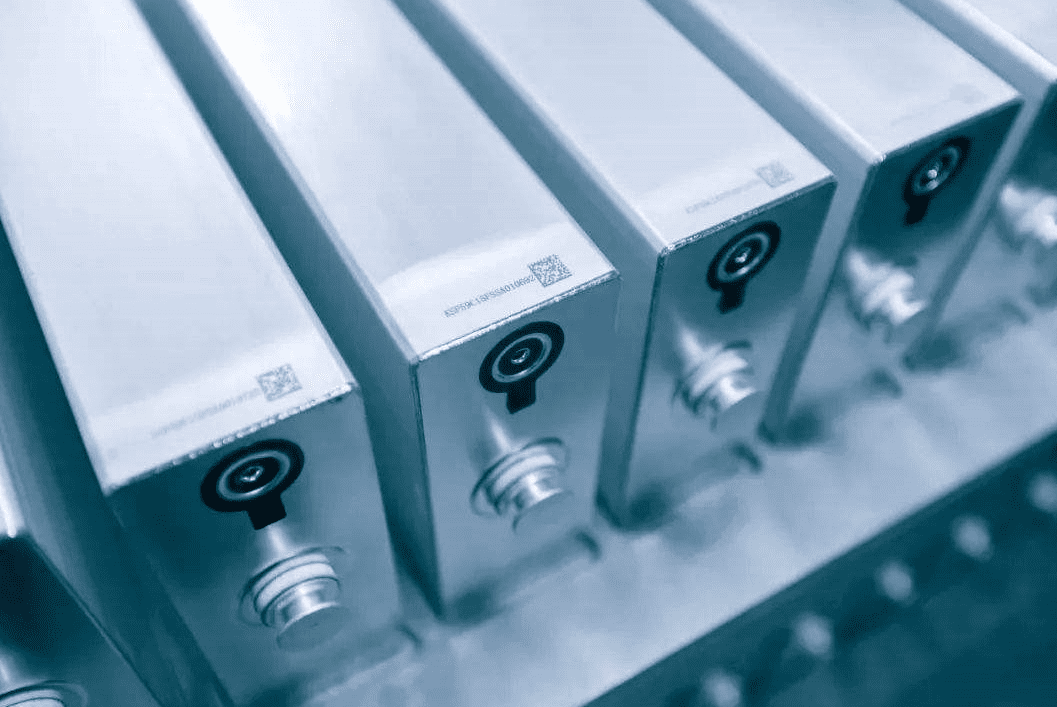Lithium-ion batteries are ubiquitous in our daily lives, powering everything from smartphones to laptops and electric vehicles. However, proper disposal of these batteries is crucial due to their potential environmental hazards and health risks. This guide provides a comprehensive overview of how to dispose of lithium-ion batteries safely and responsibly in your local area.
Understanding the Importance of Proper Battery Disposal
Lithium-ion batteries contain toxic chemicals and heavy metals that can be harmful if not disposed of correctly. When these batteries end up in landfills, they can leach dangerous substances into the soil and water, leading to severe environmental pollution. Additionally, improperly handled batteries can pose fire hazards and safety risks. Hence, responsible disposal is essential to mitigate these dangers.
Steps to Safely Dispose of Lithium-Ion Batteries
1. Remove the Battery from the Device
If possible, carefully remove the lithium-ion battery from its device before disposal. This step is critical as it prevents potential short-circuits and leakage during the recycling process. Make sure the device is powered off and unplugged before attempting to remove the battery.
2. Store Batteries Properly
Once removed, store the batteries in a cool, dry place. Ideal storage conditions include placing them in a plastic container to avoid moisture and potential short-circuiting. For damaged batteries, it is crucial to use an insulated plastic bag to prevent any risk of short-circuiting or fires.
3. Find Local Recycling Drop-Off Locations
To recycle lithium-ion batteries responsibly, locate a local battery drop-off bin or recycling center. Many communities have designated collection points for batteries, including:
- Municipal Waste Facilities: Check with your local waste management authority for designated battery recycling programs.
- Retail Stores: Many electronics and office supply stores offer battery recycling bins. Stores like Best Buy or Staples often have drop-off locations.
- Municipal Offices and Recreation Centers: These locations frequently host battery recycling programs or provide information on nearby recycling options.
4. Check for Battery Recycling Programs
Several organizations and companies offer battery recycling programs. You can inquire directly with:
- Local Libraries or Schools: Educational institutions often participate in recycling initiatives or can provide guidance on where to recycle.
- Battery Manufacturers: Contact the manufacturer of your battery or device. Many have recycling programs and can offer specific disposal instructions.
- Retailers: Some retailers have partnerships with recycling organizations and can accept batteries for proper disposal.
What to Avoid When Disposing of Lithium-Ion Batteries
1. Do Not Throw Batteries in the Trash
Avoid discarding lithium-ion batteries in regular garbage bins. This practice can lead to environmental contamination and potential fire hazards in landfills.
2. Avoid Recycling Bins for General Waste
Do not place batteries in general recycling bins intended for paper, plastic, and glass. These bins are not designed for hazardous materials and can cause safety issues.
3. Never Burn Batteries
Burning lithium-ion batteries is extremely dangerous and can result in toxic fumes and fires. Always opt for proper recycling methods to ensure safety and environmental protection.
4. Do Not Mix Damaged and Non-Damaged Batteries
Keep damaged batteries separate from non-damaged ones. Mixing them can increase the risk of short-circuiting and fires. Store them in insulated bags to prevent any risks.
5. Avoid Metal Containers for Storage
Using metal containers for battery storage is hazardous. Metal can conduct electricity, which might cause a short-circuit if the battery terminals come into contact with the container.
6. Do Not Store Batteries Long-Term
Prolonged storage of lithium-ion batteries can lead to degradation and increased risk of leakage or fire. Dispose of them as soon as possible following safe disposal procedures.
How to Find Battery Recycling Facilities Near You
1. Use Online Resources
Websites like Earth911 and Call2Recycle provide searchable databases to find recycling locations based on your zip code. These resources can direct you to nearby drop-off centers and recycling programs.
2. Contact Local Waste Management Services
Your local waste management service can offer specific guidance on battery disposal and may have dedicated drop-off points or scheduled collection days for hazardous materials.
3. Inquire at Community Centers
Local community centers often have information on recycling programs and can guide you to appropriate disposal sites for lithium-ion batteries.
4. Check with Your Municipality
Many municipalities have hazardous waste collection days or programs for managing electronic waste, including batteries. Check your city’s official website or contact local officials for details.
Conclusion
Safely disposing of lithium-ion batteries is a critical step in protecting our environment and ensuring public safety. By following the outlined procedures and utilizing local recycling resources, we can significantly reduce the risks associated with improper battery disposal. Remember to always handle batteries with care, store them properly, and use designated recycling facilities to ensure a safe and eco-friendly approach to battery disposal.



